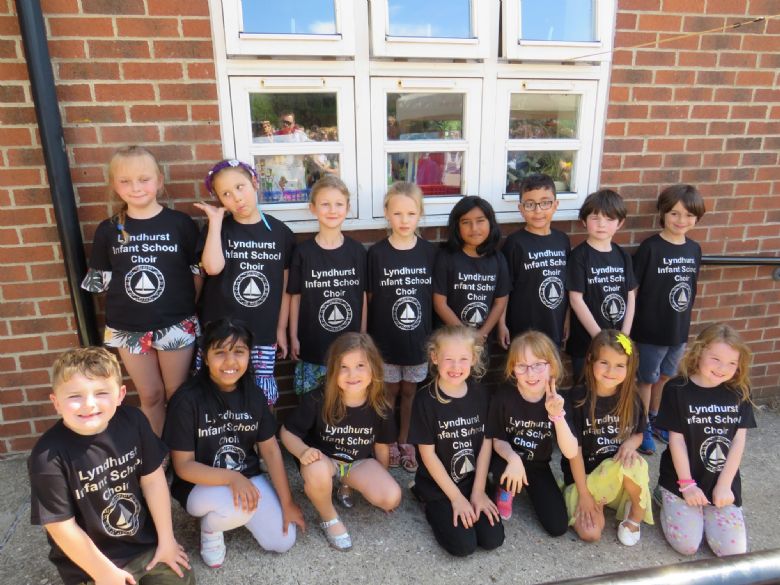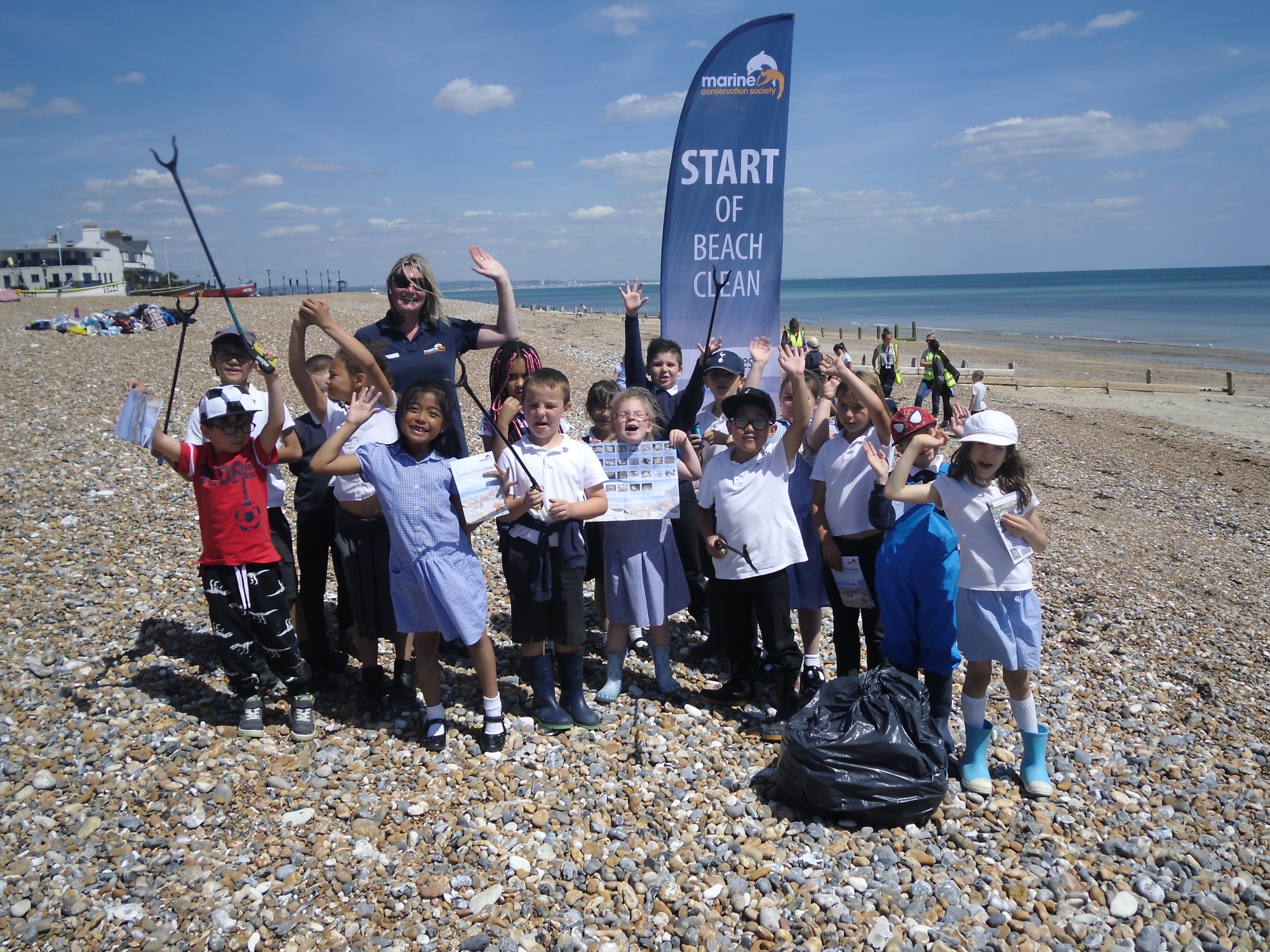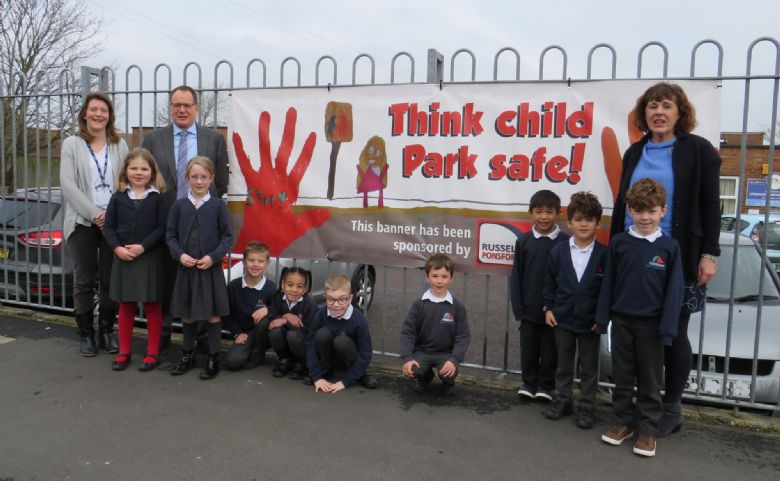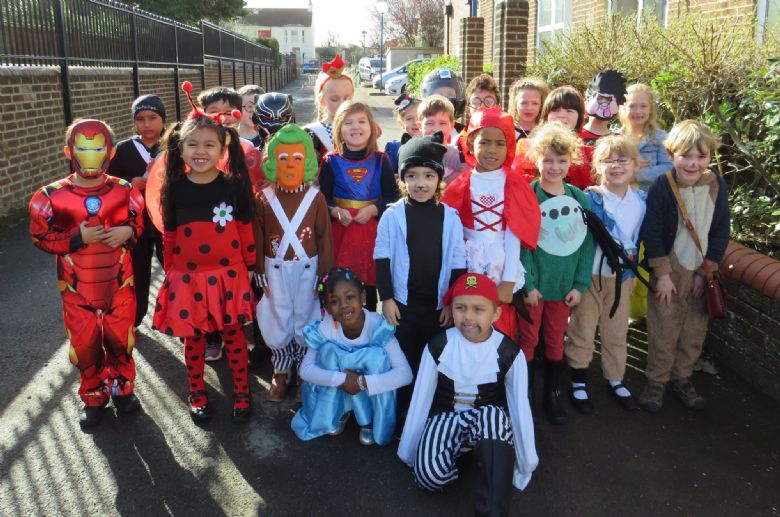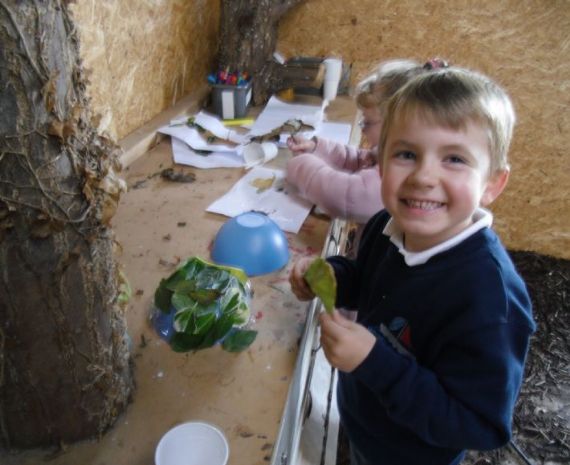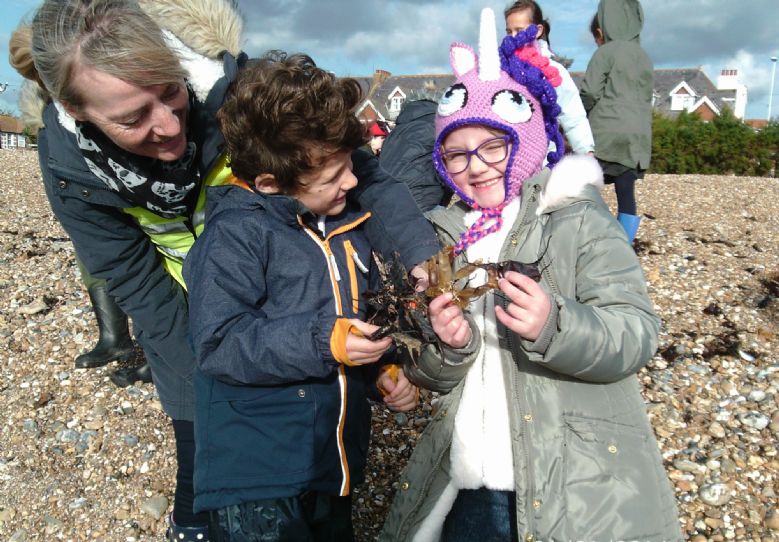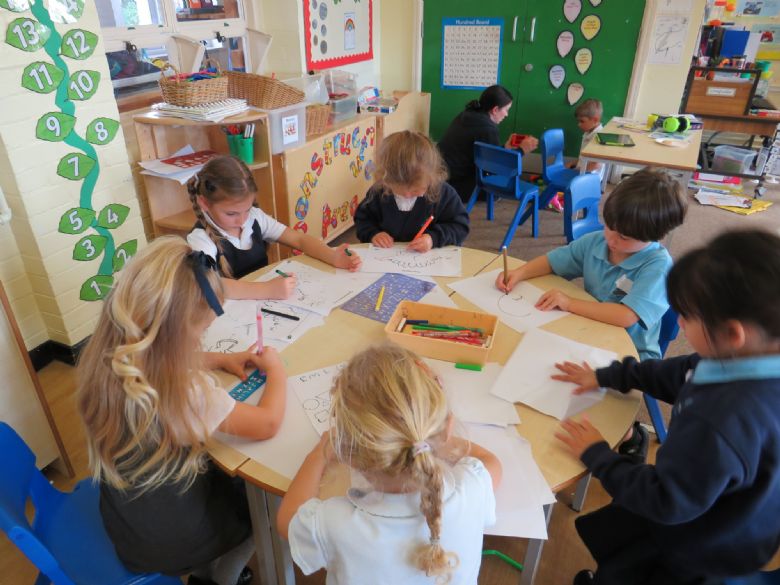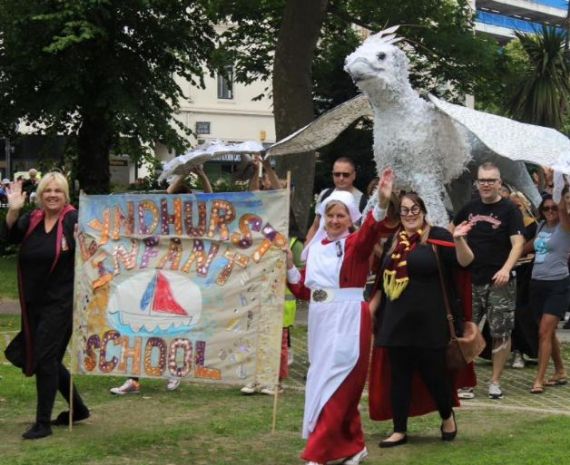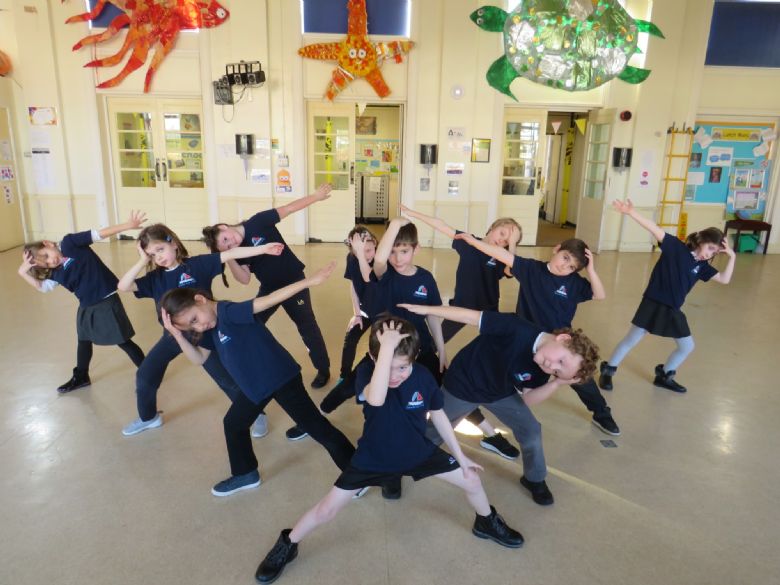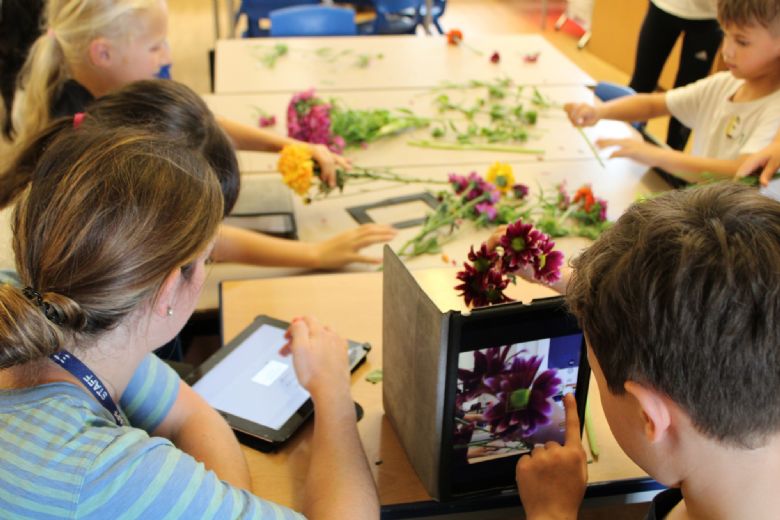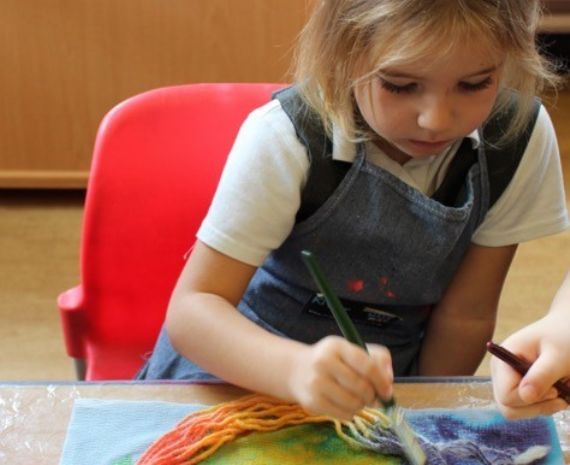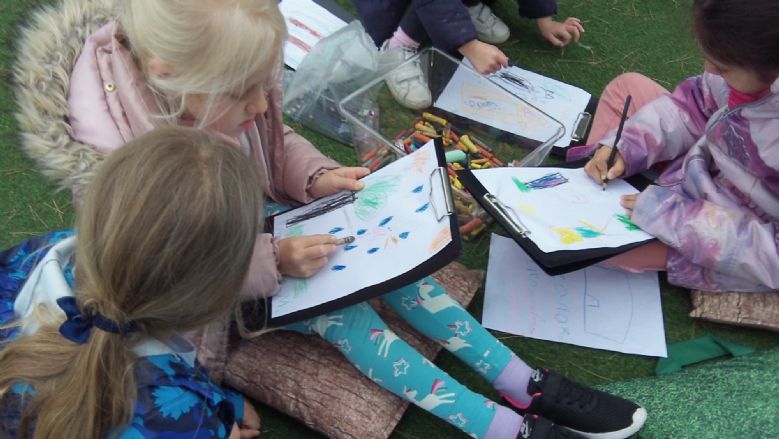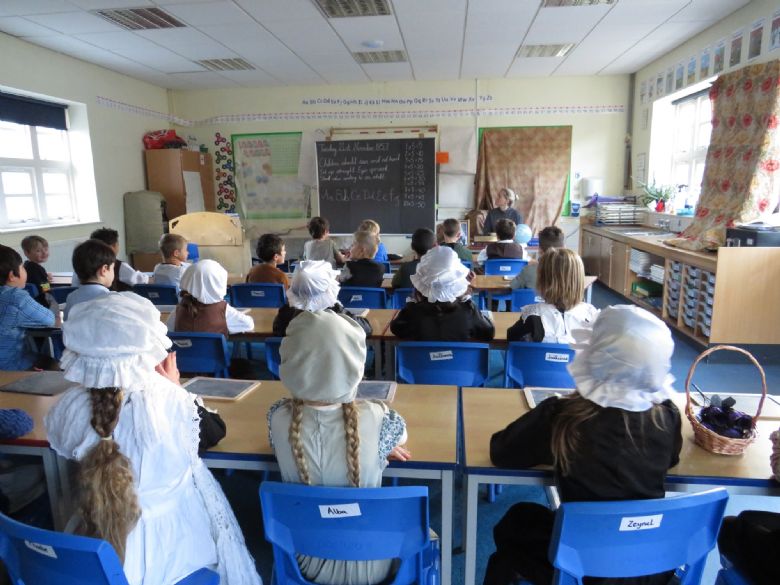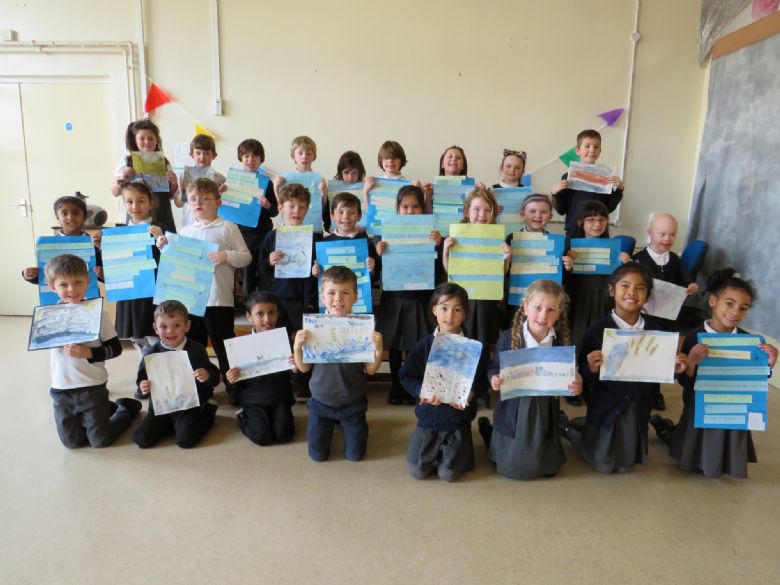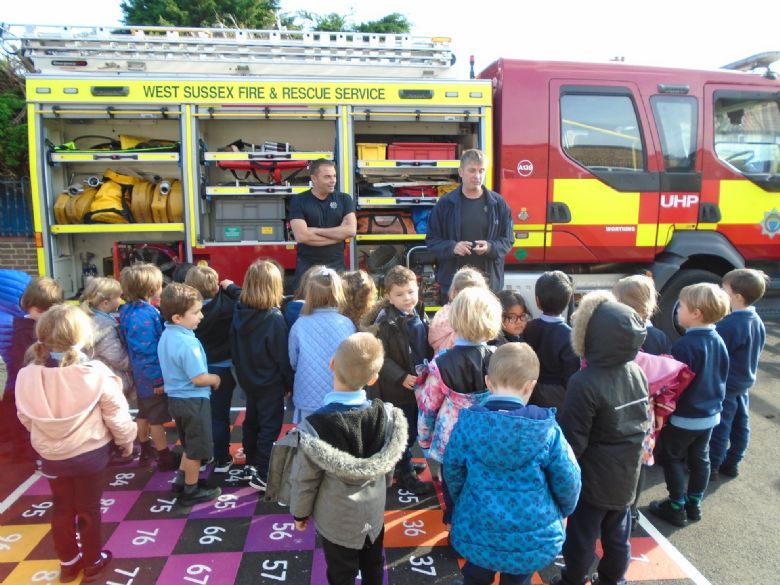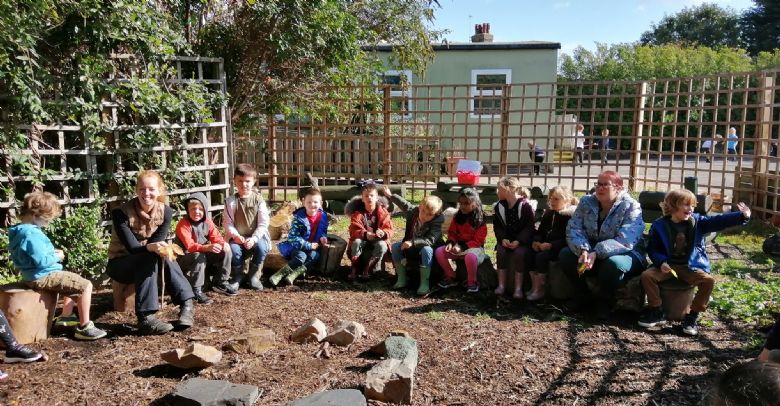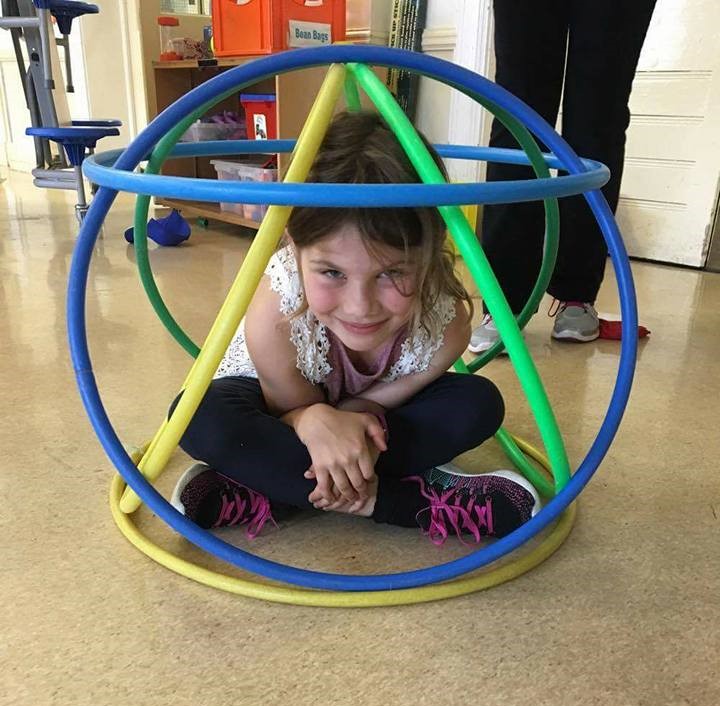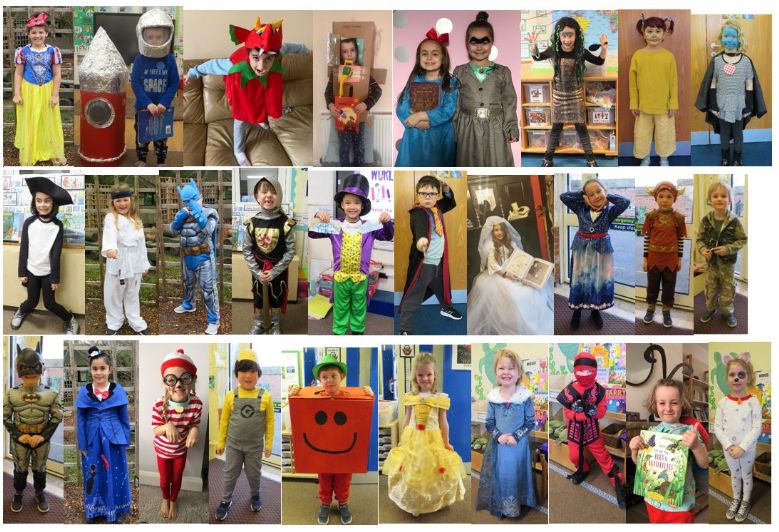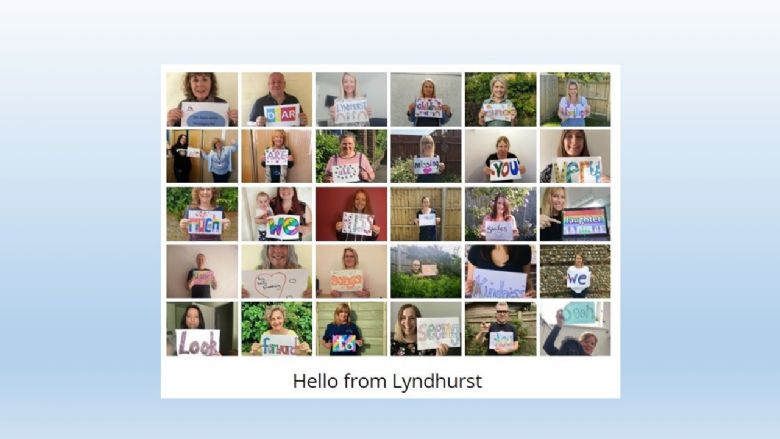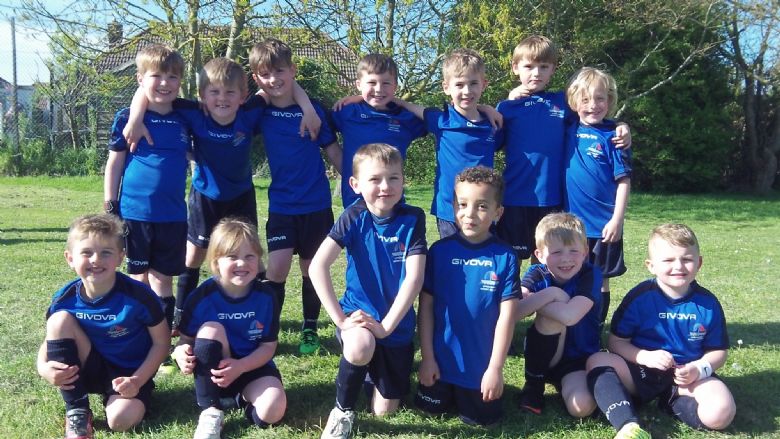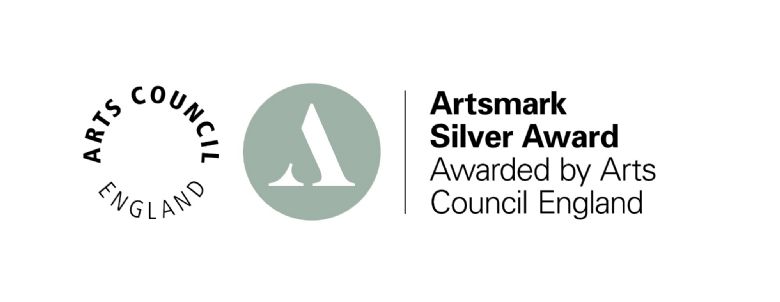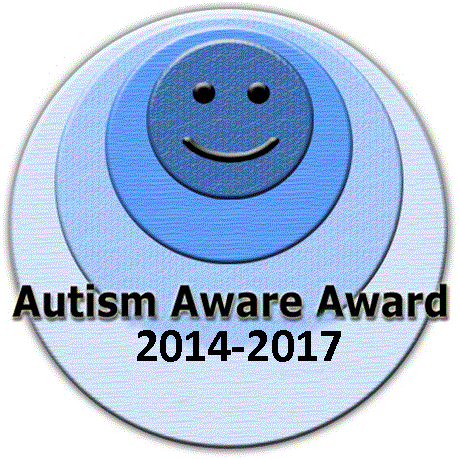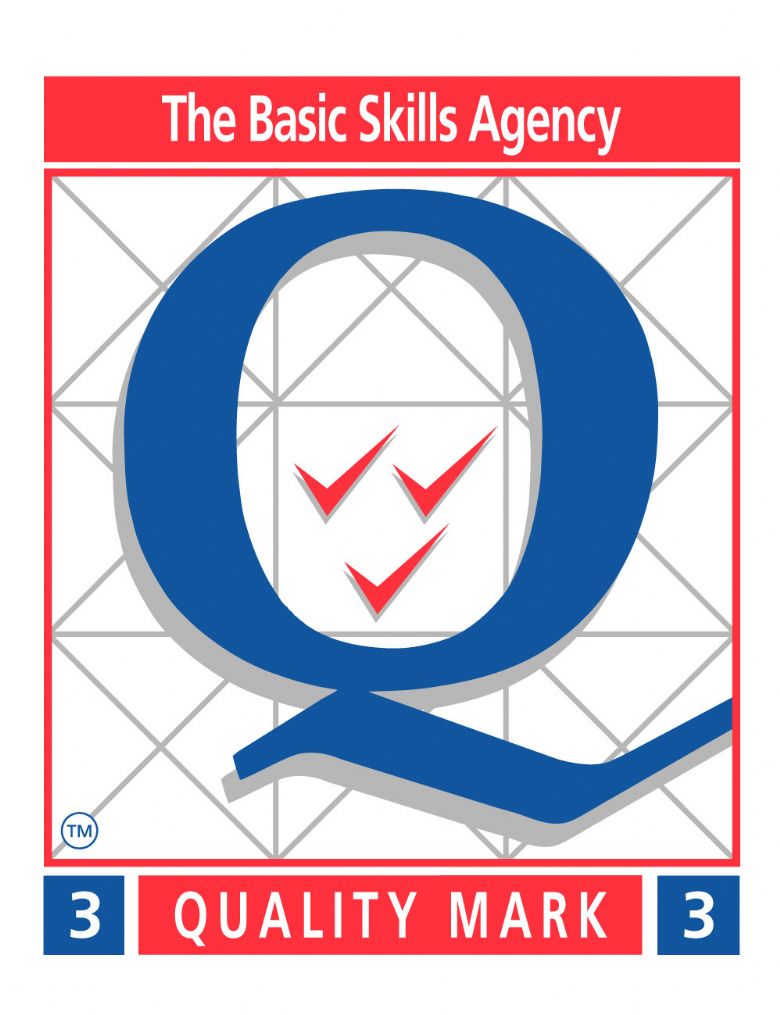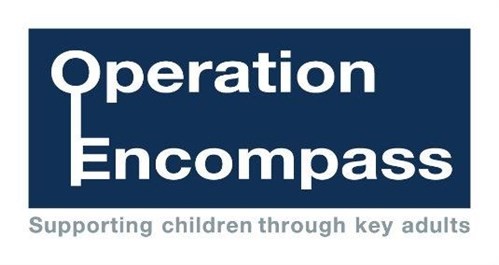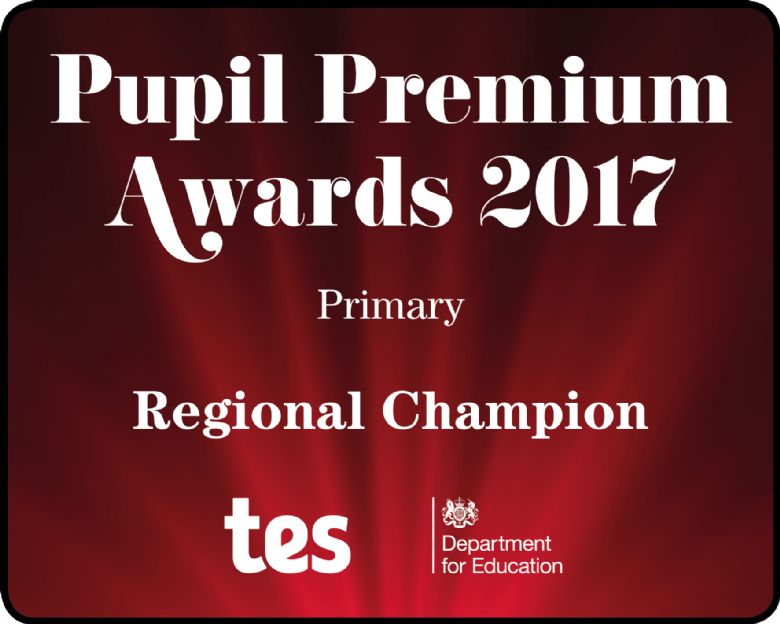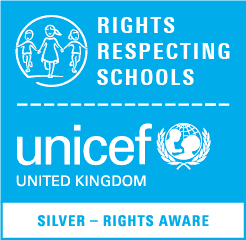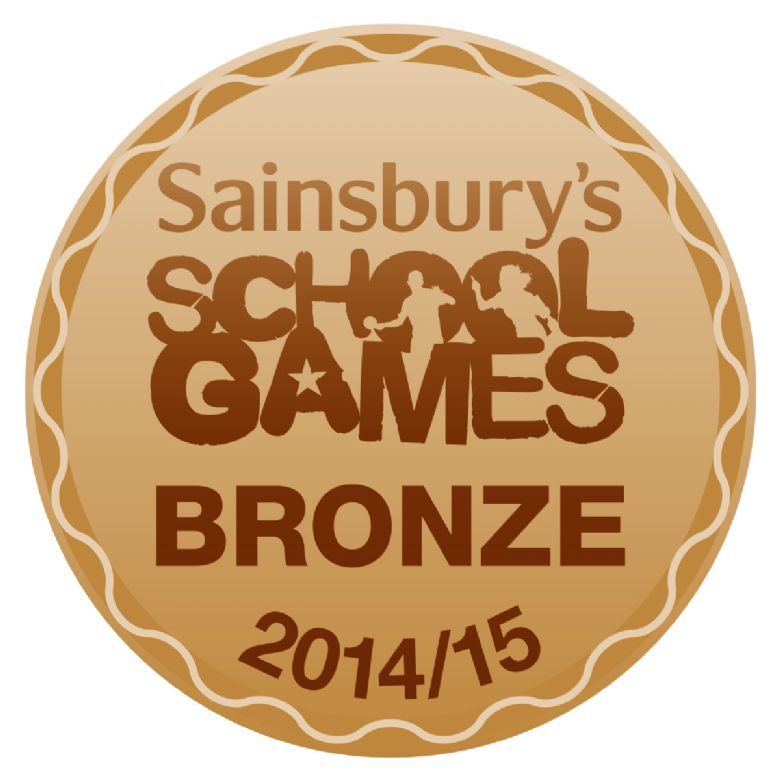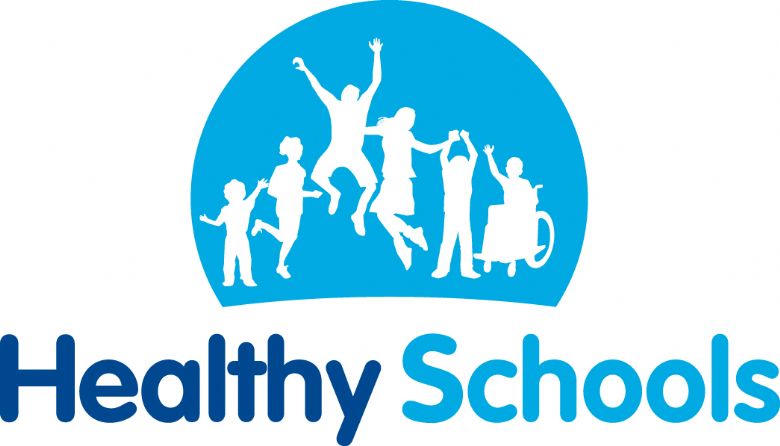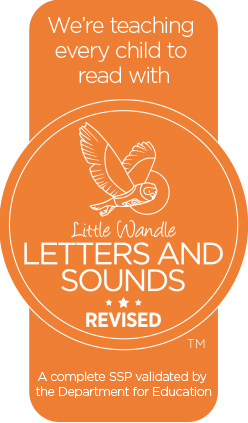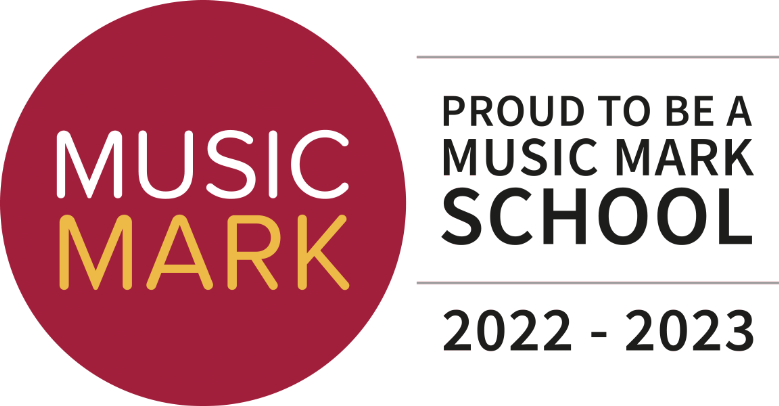Collective Worship and RE Statement
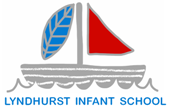 Collective Worship
Collective Worship
The DfE circular 1/94 guidance on collective worship explains ... that collective worship in schools without a designated religious character will be "wholly or mainly of a broadly Christian nature".
At Lyndhurst Infant School children participate in Collective Worship every day. This takes different forms – class times, year group times, whole school. This mostly takes place in the hall but some Collective Worship takes place in classrooms. Our Collective Worship centres round our school values and is ‘broadly Christian’. All children are encouraged to reflect and be still during this time. World religions and beliefs are explored and we celebrate festivals and special occasions from both Britain and around the world.
Visitors are often invited to lead Collective Worship. Children are encouraged to reflect on the stories that they are told. Staff and visitors explain beliefs by using specific language such as ‘Christians believe...’, ‘In my religion I believe...’
Lyndhurst Infant school has a school prayer/reflection statement. This has been written to go alongside our school song. The purpose of this is so that the children feel they ‘belong’ and can collectively celebrate. Both the song and the reflection statement can be found on our website.
Reception children will attend Collective Worship when they are confident to do so. They will experience class assemblies and year group sessions to begin with.
Parent/carers may withdraw their child from Collective Worship. Please put this request in writing to the Head Teacher.
A typical weekly Collective Worship timetable may look like this:
|
Monday |
Tuesday |
Wednesday |
Thursday |
Friday |
|
Whole school Values |
Whole School Christian Values And Class led |
Key Stage/Class Choral Worship and Values
|
Key Stage/Class Worship and Values
|
Whole School Community and Celebration |
The Teaching of RE
Although there is not a National Curriculum for RE, all maintained schools must follow the National Curriculum requirements to teach a broad and balanced curriculum, which includes RE. All maintained schools therefore have a statutory duty to teach RE.
The RE curriculum is determined by the local Standing Advisory Council on Religious Education (SACRE), which is responsible for producing the locally agreed syllabus for RE. Agreed Syllabuses used in schools (maintained or academy), which are not designated with a religious character must ‘reflect the fact that the religious traditions in Great Britain are in the main Christian, while taking account the teaching and practices of the other principal religions represented in Great Britain’. Schools with a religious designation may prioritise one religion in their RE curriculum, but all schools must recognise diverse religions and systems of belief in the UK both locally and nationally.
We follow the West Sussex Agreed Syllabus for RE: Click Here
RE is provided for all pupils, and is inclusive and broad-minded. Parents do have the right to withdraw pupils from RE: if you wish to do this, make an appointment with the Head Teacher. The school does not support selective withdrawal from RE.
- Religious education encourages pupils to learn from different religions, beliefs, values and traditions while exploring their own beliefs and questions of meaning. It challenges pupils to reflect on, consider, analyse, interpret and evaluate issues of truth, belief, faith and ethics and to communicate their responses.
- At Lyndhurst we believe that teaching religious education can encourage pupils to develop their sense of identity and belonging. It enables them to flourish individually within their communities and as citizens in a pluralistic society and global community. Religious education has an important role in preparing pupils for adult life, employment and lifelong learning. It enables pupils to develop respect for and sensitivity to others, in particular those whose faiths and beliefs are different from their own. It promotes discernment and enables pupils to combat prejudice.
Lyndhurst Infant school follows the West Sussex Programme for Religious Education (RE) and the work is included in the topic where this is relevant. We use Discovery RE as a basis for our curriculum. This is a thoughtful and creative set of Religious Education lesson planning for EYFS - Y2. The approach takes very seriously the philosophy that children are free to make their own choices and decisions concerning religion and belief.
http://www.discoveryschemeofwork.com/
Christianity is taught in every year group developing children’s learning in a progressive way. Hinduism, Judaism and Islam are also studied. Each unit seeks to link religious experience and practice with everyday experiences the children may encounter.
RE does not try to persuade but rather to inform and develop the skills with which evaluation can take place.
By following Discovery RE at Lyndhurst Infant school we intend that Religious Education will:-
- adopt an enquiry- based approach as recommended by Ofsted, beginning with the children’s own life experience before moving into learning about and from religion.
- provoke challenging questions about the meaning and purpose of life, beliefs, the self, and issues of right and wrong, commitment and belonging. It develops pupils’ knowledge and understanding of Christianity, other principal religions, and religious traditions that examine these questions, fostering personal reflection and spiritual development.
- encourage pupils to explore their own beliefs (religious or non-religious), in the light of what they learn, as they examine issues of religious belief and faith and how these impact on personal, institutional and social ethics; and to express their responses.
- enable pupils to build their sense of identity and belonging, which helps them flourish within their communities and as citizens in a diverse society.
- teach pupils to develop respect for others, including people with different faiths and beliefs, and helps to challenge prejudice.
- prompt pupils to consider their responsibilities to themselves and to others, and to explore how they might contribute to their communities and to wider society. It encourages empathy, generosity and compassion.
- develop a sense of awe, wonder and mystery.
- nurture children’s own spiritual development
EARLY YEARS AND FOUNDATION STAGE
The Early Years and Foundation stage describes the phase of a child’s education from birth to the end of reception. Religious education is statutory for all registered pupils on the school roll.
During the early years and foundation stage children begin to explore the world of religion in terms of special people, books, times, places and objects, and visiting places of worship. Children listen to and talk about stories. They are introduced to specialist words and use their senses in exploring religious beliefs, practices and forms of expression. They should be encouraged to reflect upon their own feelings and experiences in talk and by sharing experiences. They use their imagination and curiosity to develop their appreciation and wonder of the world in which they live.
KEY STAGE 1 (year 1 and 2)
Throughout the KS1, Discovery RE allows pupils to adopt an enquiry based approach whilst learning about the following themes:
- Core Beliefs, Ideas and Symbols - Pupils have the opportunity to learn about and understand the main beliefs/concepts and teachings of the religions studied.
- Expression of Faith - Pupils should have the opportunity to learn about how people express their belief and faith as individuals, groups, and communities.
- Identity-daily life - Pupils should have the opportunity to learn about the daily lives of people in the religions studied and how they reflect their religion and sense of belonging.
- Social Action - putting beliefs into action - Pupils should have the opportunity to learn about how people of faith put their beliefs into practice and actions individually, as communities and organisations and their link with cultural heritage and
British values. - Ask big questions and make connections - Pupils should have the opportunity to think about “big questions” about meaning, purpose and truth, identity, similarities, and differences between the religions studied, their own lives and the world around them.
BREADTH OF STUDY
During Key Stage One (KS1) pupils should be taught the knowledge and skills in order to understand:
• Christianity;
• at least one other principal religion.
And where appropriate:
• a religious community with a significant local presence;
• a secular worldview.

